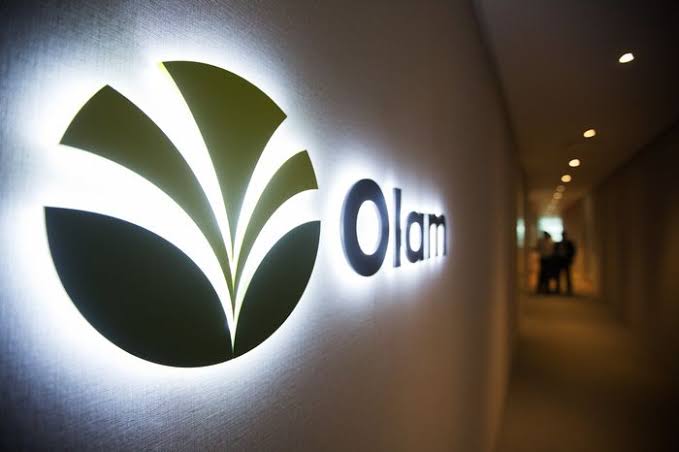The Nigerian subsidiary of Olam Agri has declared a temporary halt in the purchase of maize and sorghum due to escalating prices nationwide.
In a statement, the company cited supply chain disruptions and soaring prices as factors impacting the availability of these essential grains across the country.
Olam Agri emphasized its ongoing collaboration with industry peers and government bodies to alleviate the strain on the food supply for Nigerians.
It stated,
- “As a major buyer and processor of food staples, we share the concerns about high prices and supply chain disruptions affecting the availability of essential grains”
- “In response to these challenges, we are actively collaborating with industry peers and government agencies to identify and implement strategic solutions to alleviate any additional stress on food availability.
- “As part of our proactive approach, Olam Agri in Nigeria has decided to temporarily suspend the procurement of essential grains such as maize and sorghum immediately which will allow us to closely monitor the market trends and adjust to market realities. This decision follows wide consultations with relevant authorities and is part of our commitment to managing the ongoing crisis”
The company further explained that it will continue to ensure an uninterrupted supply of food products to the public during this period.
Efforts to contact the company to confirm the report proved abortive.
What you should know
- Nigeria is currently facing a food security crisis with food inflation for January at 35.41% and major staple foods like rice, maize and other grains rising to an all-time high.
- To find a temporary solution to the food security crisis, the federal government has decided to release grains from the national reserve as a measure to crash prices of the commodities.
- The federal government has also mooted plans to set up commodity boards to strategically regulate food prices across the country and reduce hoarding. Plans to import food were outrightly ruled out by the President stating, “Nigeria can produce the food it needs”.

